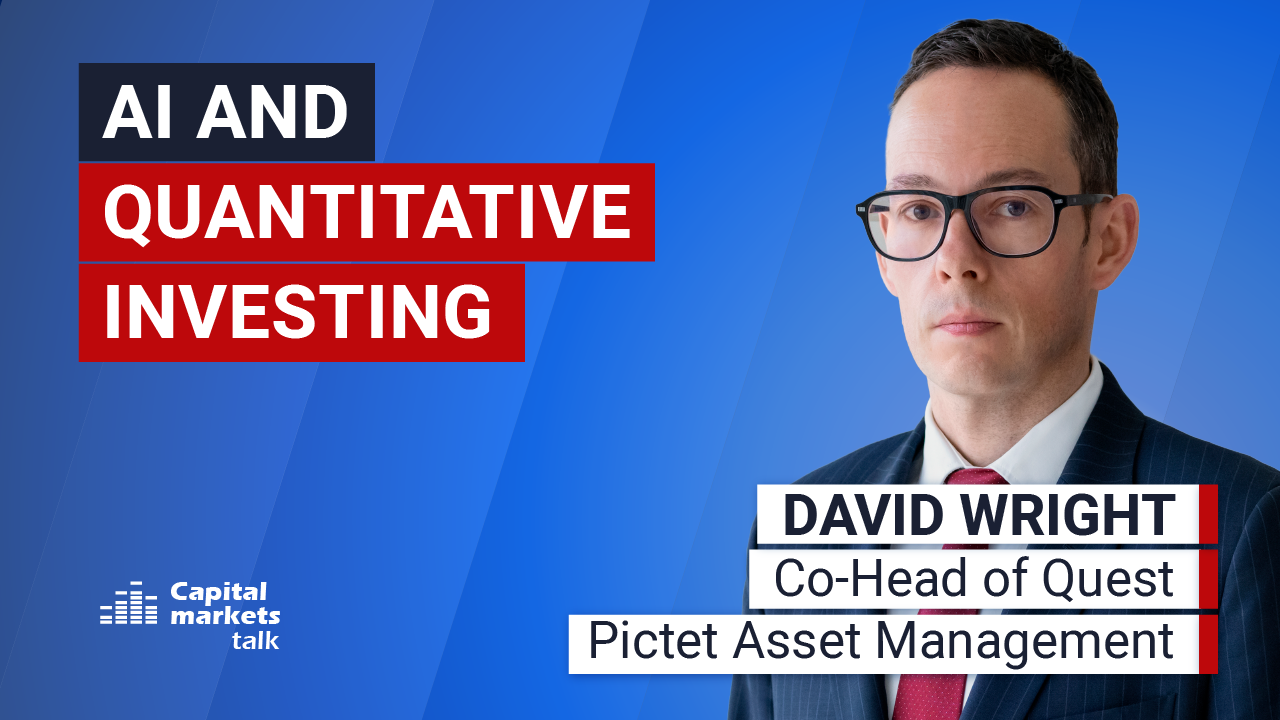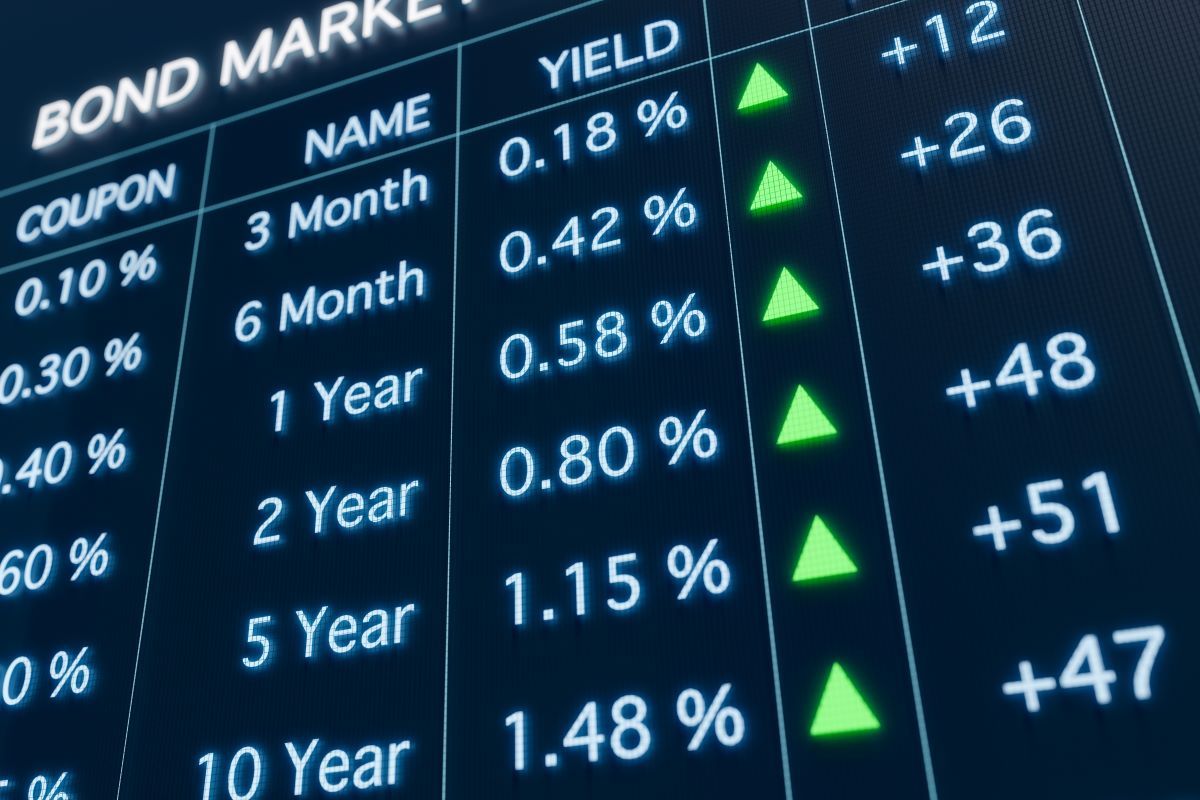The unexpected strength of the U.S. economy, coupled with indications of the Federal Reserve pausing its rate-hiking cycle, has provided substantial support for emerging market debt, asserts Barings.
“While the optimism with which the asset class greeted the Fed’s December pivot may have been somewhat excessive in terms of the level of spread tightening, the combination of resilient growth and lower rates should provide a supportive backdrop going forward,” writes the asset manager.
And despite potential challenges, cautious optimism prevails, especially given the overall favourable technical backdrop for sovereign hard currency debt, adds Barings. “The probability of a severe recession also remains low, which should provide further support to credit even if growth turns out to be less vibrant than hoped,” projects the asset manager.
Additionally, Barings points out that a decreased sovereign issuance and a focus on domestic financing contribute to a positive outlook for emerging market debt.
Subsequently, the asset manager identifies opportunities in investment-grade sovereigns with strong fundamentals, particularly in BBB-rated countries. In the high-yield space, Barings contends that select opportunities exist in positively trending BB issuers, with caution warranted for single-B and below-rated issuers.
“From a (emerging market) local debt perspective, we are slightly less constructive on local interest rates versus a few months ago given that inflation has come down in many countries, limiting the potential for further central bank rate cuts,” opines the asset manager. On emerging market corporate bonds, Barings remains optimistic and emphasises the compelling value in investment-grade corporate debt.
Besides, the asset manager highlights some of the potential risks for emerging market debt. This includes political uncertainties, with elections globally in 2024, including the U.S. presidential election.
According to Barings, other notable risks are uncertainties around China’s economic policies, tensions in the Middle East, and climate changes impacting global food supplies. In navigating these risks, the asset manager recommends extensive credit analysis and rigorous, bottom-up credit and country selection.
Read the full insight here.
Read more

Global Trade
Trump ignites global trade war / Reactions
The USA itself will be the victim of Trump’s trade policy.

Private Debt
The case for private debt in real asset financing
What makes the combination of private debt and real assets particularly compelling in today’s market?

Schroders
Looking ahead: 30-year return forecasts
Higher returns are expected across asset classes, driven by stronger productivity growth for equities and elevated long-term central bank rate projections for bonds.

Quant Investing
AI and quantitative investing
Artificial intelligence applications go way beyond stock selection.

Bellevue Asset Management
Demographics and AI drive MedTech stocks
MedTech investment case: What makes it attractive, which trends stand out?





















